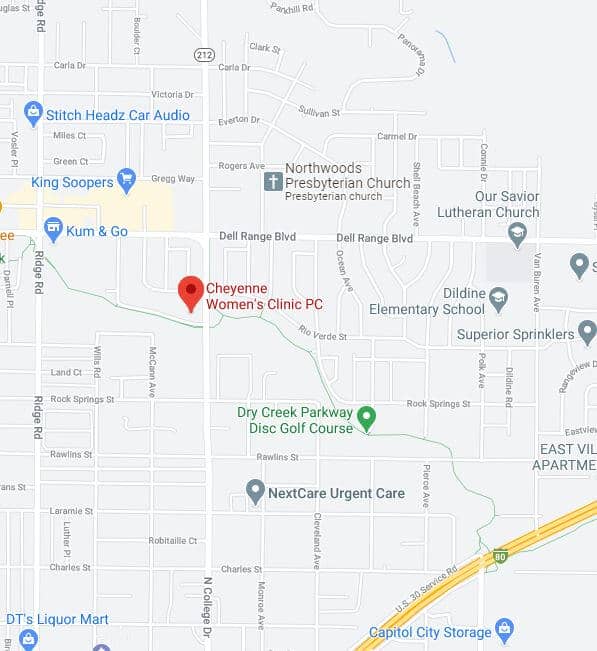Infertility: When You’re Having Trouble Getting Pregnant
When you decide the time is right for you to start your family, it can be frustrating and emotionally challenging when you don’t become pregnant quickly. Infertility affects many couples, and luckily most are able to achieve a pregnancy quickly with only minor interventions.
If you’re not getting pregnant, try to be patient. But there comes a time when seeing your doctor for an infertility evaluation is a smart next step. Consider talking to your doctor if:
- You haven’t become pregnant after a year of trying by having sex on a regular basis and not using birth control
- You are older than 35 and haven’t become pregnant after 6 months of trying
- You have an irregular menstrual cycle
- You know either you or your partner has a fertility problem
What Causes Infertility?
For women, the most common cause of infertility is not ovulating or ovulating irregularly. But there are many other factors that could contribute to you not getting pregnant, including:
- Problems with hormone levels
- Problems with your reproductive organs
- Scarring or blockages in your fallopian tubes, possibly related to endometriosis or a past sexually transmitted infection (STI)
- Problems with your thyroid gland or pituitary gland
- Age – for healthy couples in their 20s and 30s, your chance of getting pregnant during any menstrual cycle is about 25-30%. By the time you are 40, that goes down to less than 10%.
- Being underweight or overweight
- Exercising too much
- Moderate to heavy alcohol consumption
For men, the most common cause of infertility relates to problems in the testes that affect how sperm are made or how they function. Other factors that can contribute to infertility include:
- Blockages in the tubes that carry sperm from the testes
- Older age, but fertility doesn’t decline as predictably in men as it does in women
- Moderate to heavy alcohol consumption
- Smoking cigarettes and/or marijuana, which can reduce sperm count and sperm movement
Talking to Your Doctor About Infertility
To try and determine the reason you’re not getting pregnant, start by seeing your regular OBGYN as a couple. Providers at CWC are comfortable and experienced in treating many infertility concerns and they are also aware, that more specialized treatment may be necessary. He or she will not hesitate to refer patients to an infertility specialist when appropriate.
You and your partner may want to see your doctor together for your first visit to talk about your problems getting pregnant. He or she will likely ask you about these to start:
- Your menstrual period
- Any abnormal bleeding or vaginal discharge
- Pelvic pain
- Disorders you may have such as thyroid disease that could affect your fertility
He or she will also ask both of you questions about your health, lifestyle, and sexual history, such as:
- Medications you are taking, including prescription, over-the-counter, and herbal
- Use of alcohol, tobacco, and illegal drugs
- Past illnesses (including STIs) and surgeries
- History of birth defects in either of your families
- Past pregnancies and their outcomes
- How long you have trying to become pregnant
- Prior sexual relationships
For infertility, we offer:
- Initial infertility laboratory evaluations and semen analysis
- Initial evaluations, including ultrasound and laparoscopic evaluations
- Treatments for approximately 75% of the causes of infertility
- Advanced ovulation induction
- Advanced insemination techniques
- Ultrasound evaluation for causes of infertility and to assist with ovulation
If you are having trouble getting pregnant, please call for an appointment at 307.637.7700 to meet with one of our providers who can help you and your partner achieve a healthy pregnancy.







